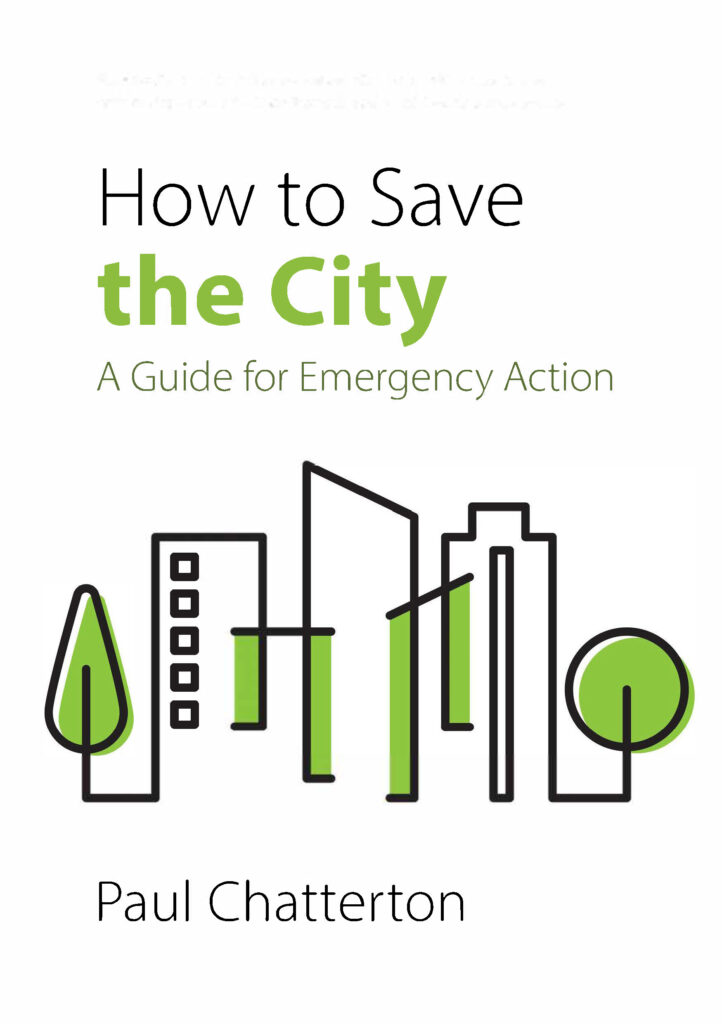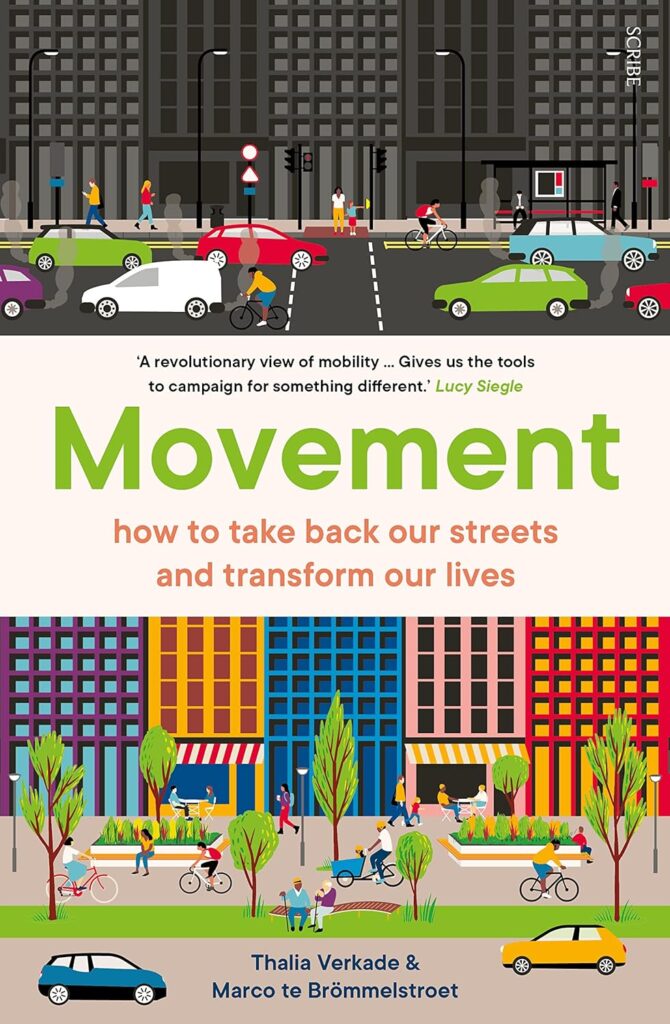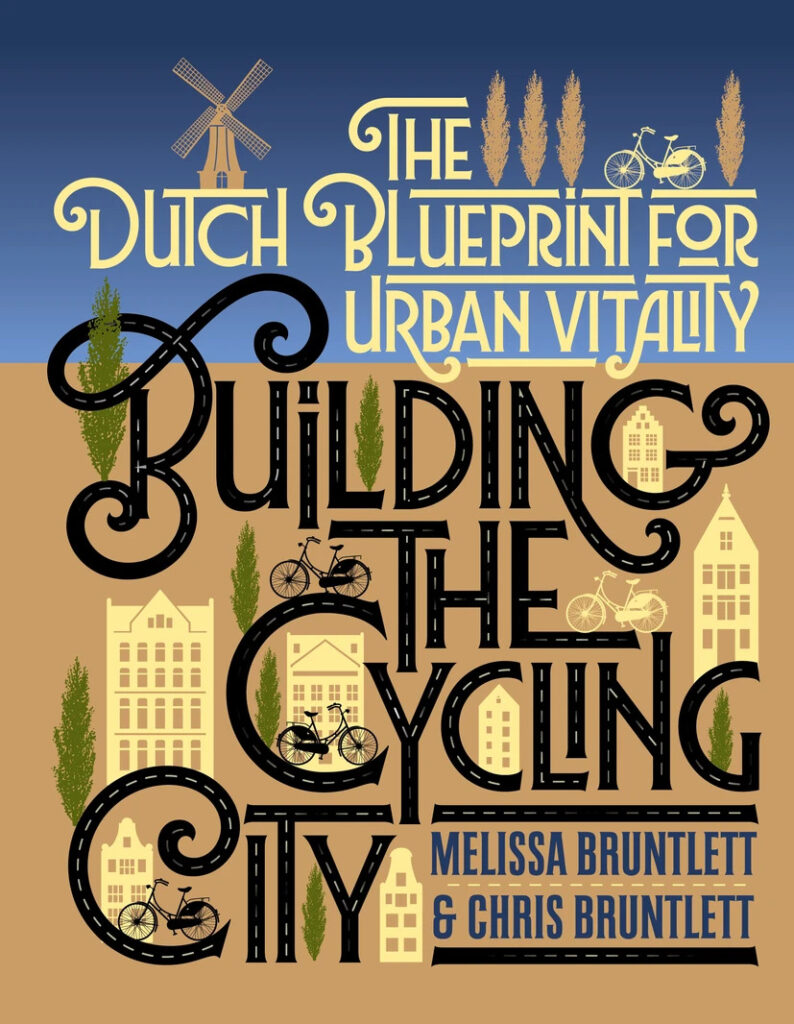
What is it about?
How might a future where cycling is the main mode of transportation look like? And why would we want such a future? Bicycle Utopia gives answers to both of these questions, not only sketching “the contours of a slow cycling future”, but also providing reasons to desire such a future beyond the usual pragmatic considerations (bikes are cheap, fast and help cut CO2emissions). Popan does so using a variety of methods from historical analysis to ethnography. He analyses how the car came to occupy a central place in our planning and our culture (‘autopia’) and offers a critique of technologies and policies that aim at transitioning to low carbon mobility, yet do not break away with the meanings of mobility that are part and parcel of autopia – movement as a utilitarian activity and as a means for economic growth. According to Popan, this emphasis on speed, efficiency, productivism and utilitarianism is transferrable to the world of cycling, and one can already see this in various developments such as the rhetoric around cycling highways. This is exactly the direction of development that the author warns us against.
Instead, connecting his ideas to a broader vision of degrowth and criticism of contemporary regimes of production and consumption, Popan argues that we need to slow down, quite literally. Framed in this way, cycling is not just a cheap and efficient mode of transport, but offers us a way of moving that leads to a different way of living – slower, more embodied and sociable. Fragments of such a slow bicycle utopia already exist, argues Popan, who offers a rich ethnography of cycling practices in Denmark, the Netherlands and the UK – well-written and full of noteworthy observations even for a seasoned cycling advocate or researcher.
Who might be interested in this book?
The book will appeal to anyone interested in a rich description of cycling cultures and practices, while at the same time seeking critical reflection on contemporary mobility regimes underpinned by the imperative of economic growth.



